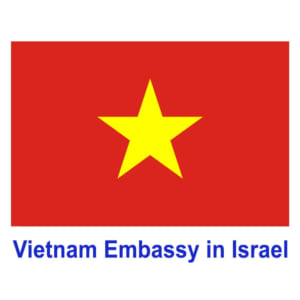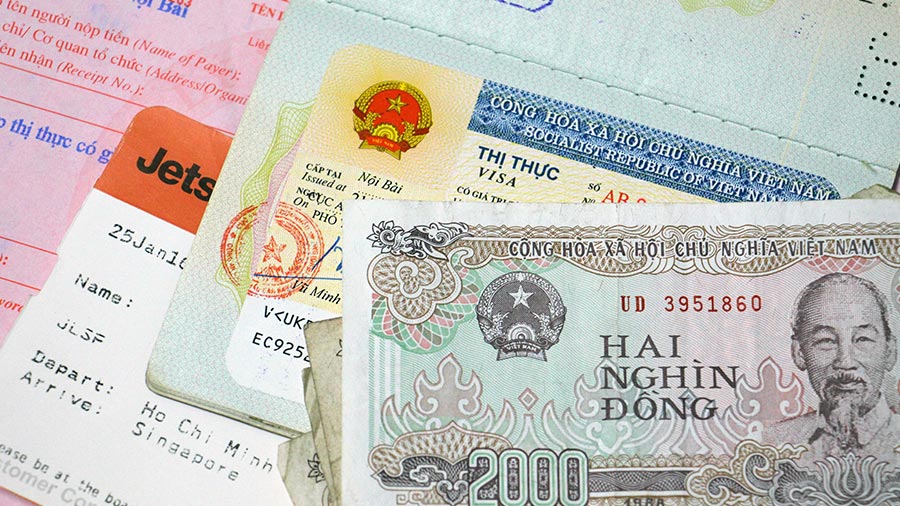
A Comprehensive Guide on How to Get Vietnam Visa from Bulgaria 2023
If you’re planning a trip to Vietnam as a Bulgarian citizen, getting a visa is an inevitable part of your travel plan. This article will provide you with a step-by-step guide on how to get a Vietnam visa from Bulgaria in 2023.
What is a Vietnam Visa?
A Vietnam visa is a legal document that allows foreign nationals to enter, exit, and transit through Vietnam for various purposes such as tourism, business, study, or work. Depending on the length of stay and purpose, there are different types of visas available.

Types of Vietnam Visas
- Tourist Visa
- Business Visa
- Student Visa
- Work Visa
- Transit Visa
Who Needs a Vietnam Visa?
All foreign nationals except citizens of some countries that have a bilateral agreement with Vietnam require a visa to enter Vietnam. Bulgaria is not included in this list; hence Bulgarian citizens need to obtain a visa before entering Vietnam.
When to Apply for a Vietnam Visa?
It is advisable to apply for a Vietnam visa at least one month before your travel date. The processing time can vary depending on the type of visa, the method of application, and other factors.
How to Apply for a Vietnam Visa from Bulgaria?
There are two ways to apply for a Vietnam visa from Bulgaria:
- Through the Vietnam Embassy in Bulgaria
- Online through Visa on Arrival (VOA)
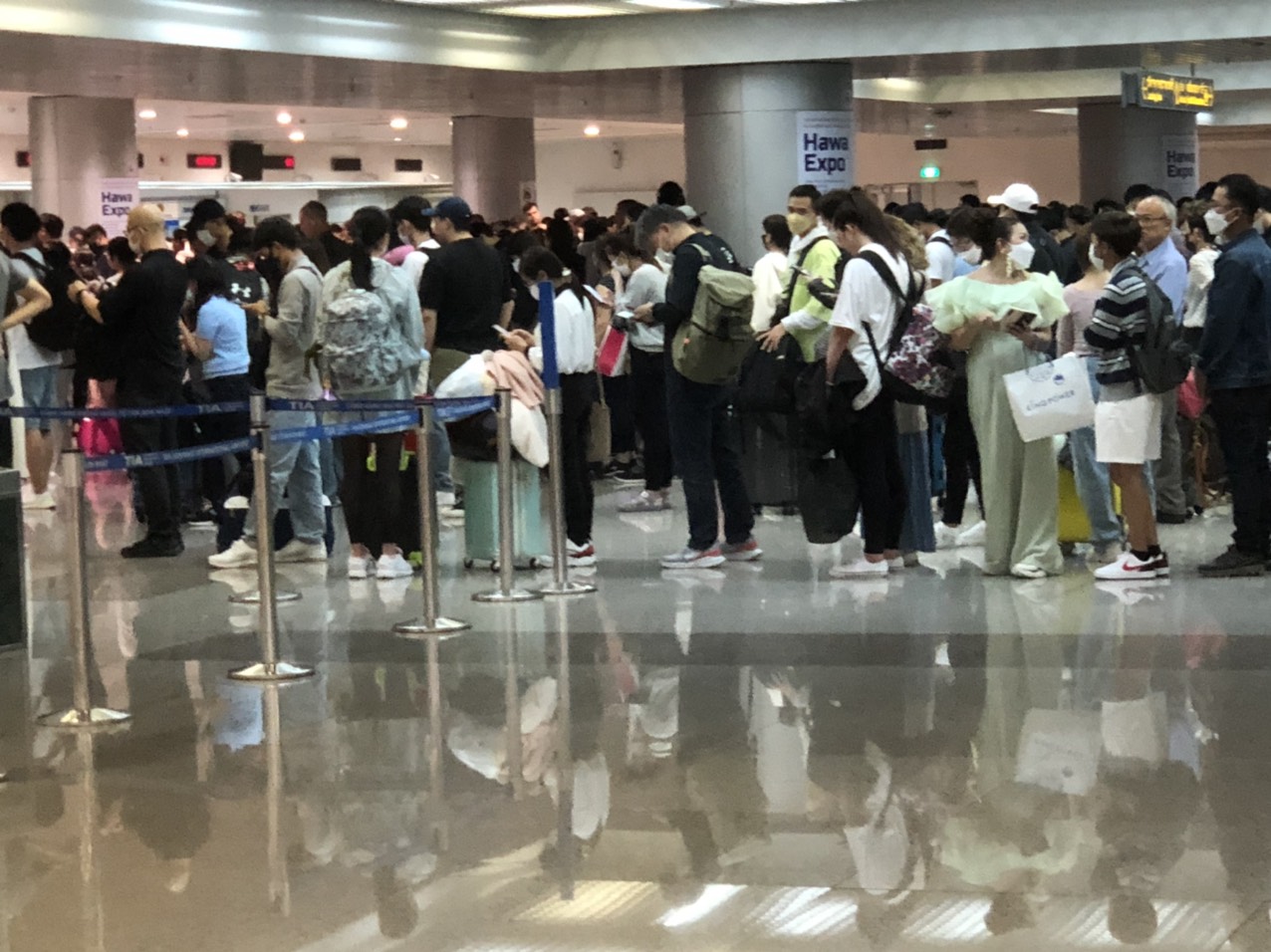
Applying through the Vietnam Embassy in Bulgaria
To apply for a Vietnam visa through the Vietnamese embassy in Bulgaria, you need to follow these steps:
- Download the visa application form from the embassy’s website.
- Fill out the form with accurate information.
- Submit the form along with the required documents (passport, photos, visa fee) to the embassy either via post or in person.
- Wait for the embassy to process your application.
- Collect your visa.
Applying for a Visa on Arrival (VOA)
To apply for a VOA, you need to follow these steps:
- Visit a reliable VOA website and fill out the online application form with accurate information.
- Pay the service fee as per the website’s instructions.
- Receive the visa approval letter via email within 2-3 working days.
- Print the approval letter and bring it with you along with other required documents (passport, photos, cash for stamping fee) to the Vietnam airport.
- Submit your documents to the visa counter and wait for your visa to be stamped.
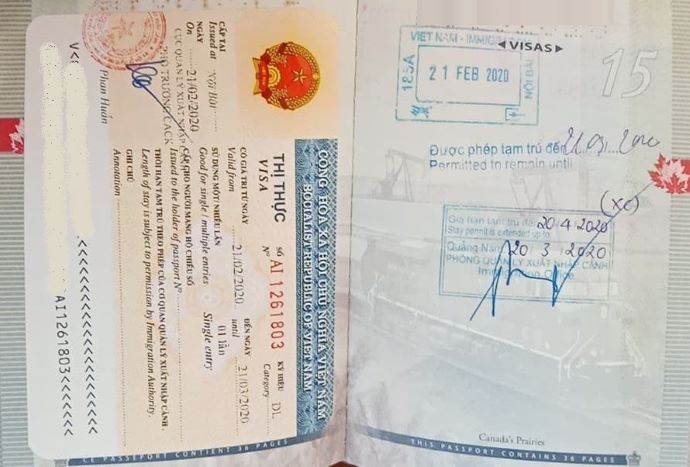
Pros and Cons of Each Method
Applying through the Vietnam Embassy in Bulgaria
Pros:
- No risk of being denied entry at the Vietnam airport.
- You can apply for a long-term visa with multiple entries.
Cons:
- Longer processing time.
- More complicated and time-consuming process.
- Need to visit the embassy in person or send documents by post.
Applying for a Visa on Arrival (VOA)
Pros:
- Faster and more convenient method.
- Can apply from anywhere with an internet connection.
- Shorter processing time.
Cons:
- Risk of being denied entry if the approval letter is not valid.
- Cannot apply for a long-term visa with multiple entries.
Alternatives to Vietnam Visa
If you’re planning a short trip to Phu Quoc Island, you don’t need a visa if you’re staying for less than 30 days. Another option is to apply for an e-visa, which is available for citizens of 80 countries, including Bulgaria.
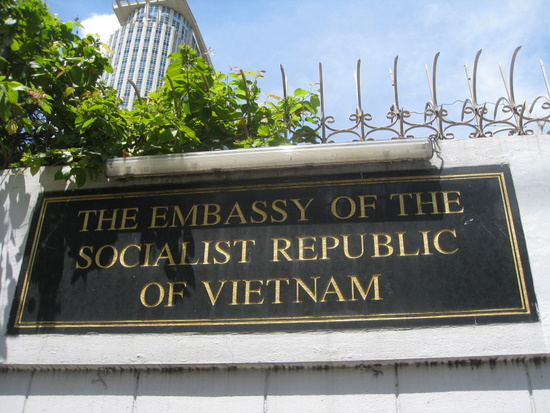
Step-by-step Guide to Apply for E-visa
- Visit the Vietnam Immigration Department’s website and fill out the online application form.
- Upload a photo and a scanned copy of your passport.
- Pay the application fee.
- Check your email for the visa issuance notification.
- Print the e-visa and bring it with you to Vietnam.
Pros and Cons of E-visa
Pros:
- Shorter processing time.
- Can apply from anywhere with an internet connection.
- No need to submit physical documents.
Cons:
- Only available for short stays (30 days).
- Limited to single entry.
Tips for Applying for a Vietnam Visa
- Make sure to apply for the correct type of visa based on your purpose of travel.
- Provide accurate information in your application form.
- Check the validity of your passport before applying for a visa.
- Apply for a visa well in advance of your travel dates.
- Double-check all the required documents before submitting your application.
Comparison of Different Visa Types
| Visa Type | Validity | Number of Entries |
|---|---|---|
| Tourist Visa | 1 month to 3 months | Single/Multiple |
| Business Visa | 1 month to 12 months | Single/Multiple |
| Student Visa | 1 month to 12 months | Single/Multiple |
| Work Visa | 1 month to12 months | Single/Multiple |
| Transit Visa | 5 days to 30 days | Single |
The Best Method to Get a Vietnam Visa from Bulgaria
The best method to get a Vietnam visa from Bulgaria depends on your personal preference and travel plan. If you have sufficient time and prefer a more traditional approach, applying through the Vietnamese embassy in Bulgaria might be the best option for you. On the other hand, if you’re short on time and want a more convenient method, applying for a VOA or an e-visa might be the way to go.
FAQs
- How long does it take to process a Vietnam visa application?
- The processing time can vary depending on the type of visa, the method of application, and other factors. Applying through the embassy can take up to 5 working days, while VOA and e-visa can take 2-3 working days.
- Can I apply for a Vietnam visa upon arrival?
- Yes, you can apply for a VOA at the Vietnam airport, but it’s recommended to apply online beforehand to avoid any potential issues.
- How much does a Vietnam visa cost?
- The visa fee varies depending on the type of visa, the method of application, and the length of stay. It can range from $25 to $180.
- What documents do I need to submit with my visa application?
- The required documents vary depending on the type of visa and the method of application. Generally, you’ll need your passport, photos, and the visa application form. For VOA and e-visa, you’ll also need an approval letter or notification.
- Can I extend my Vietnam visa?
- Yes, you can extend your Vietnam visa by visiting the Vietnam Immigration Department or through a reliable agent.
Conclusion
Getting a Vietnam visa from Bulgaria is a crucial part of your travel plan. Whether you choose to apply through the embassy, VOA, or e-visa, make sure to follow the guidelines and provide accurate information. We hope this comprehensive guide helps you understand the process and choose the best method for your travel needs.
